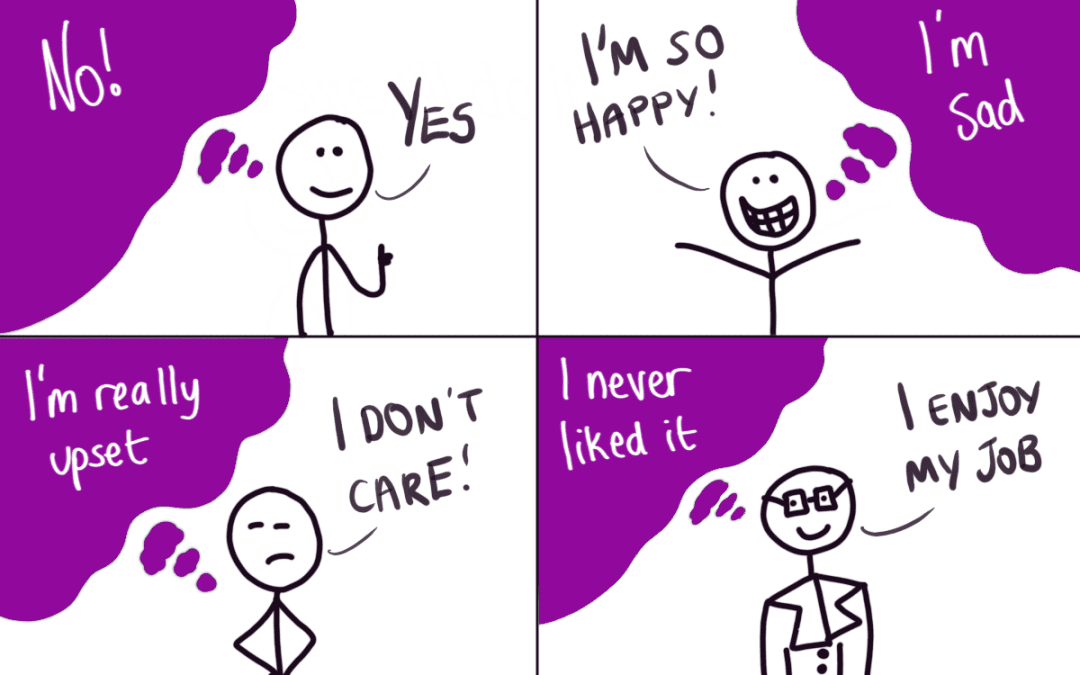How do you respond when a friend approaches you with a serious tone and says, “I need to be honest with you—there’s something about you that I need to tell you”? For many, this moment is laced with apprehension. We welcome compliments with open arms, often in casual settings, but when it comes to critiques, our instinct is to retreat.
The Fear of Critique
Most of us can relate to the anxiety surrounding such conversations. While compliments can brighten our day, the idea of receiving feedback that highlights our weaknesses can feel daunting. Many strategies exist to navigate these delicate situations. One common approach is to preface criticism with a compliment, a tactic designed to soften the blow.
A well-known perspective suggests that to make friends and influence people, one should avoid criticism altogether. This viewpoint acknowledges a fundamental truth: the average person is resistant to acknowledging their faults and often reacts defensively when confronted.
The Consequences of Ignoring Truth
Consider the story of a man in our community who battled an illness for over a year. Out of fear of an unwanted diagnosis, he avoided seeking medical help. It wasn’t until the pain became unbearable that he finally visited a physician, only to learn he had a life-threatening condition that could have been treated had he sought help sooner. The doctor’s words were stark: “Had you come sooner, you might have recovered.”
This tragic scenario illustrates the dangers of denying our realities. Just like this man, we often turn away from our flaws, hoping that by ignoring them, we can somehow evade their consequences. Yet, such denial rarely leads to positive outcomes; instead, it can culminate in strained relationships and personal despair.
The Resistance to Self-Reflection
As we navigate our daily interactions, it often seems easier to overlook our own shortcomings and those of others. However, this avoidance can lead to tension and conflict, undermining our relationships and personal growth. When we step into the light of truth, our first instinct is to shield our eyes or look away—an impulse that mirrors our reactions to uncomfortable truths, whether from friends or even spiritual convictions.
The discomfort that arises when faced with criticism or self-reflection is natural. Just as we might resist the brightness of the sun after emerging from a dark room, we often bristle at the honest truths about ourselves. Yet, embracing these moments can lead to profound growth and understanding.
Conclusion
While the prospect of honest conversations may evoke fear, they are essential for personal development and healthier relationships. By welcoming constructive criticism and facing our flaws, we step into a brighter, more fulfilling existence. Instead of shying away from uncomfortable truths, let us strive to embrace them, fostering deeper connections and a more authentic life.

